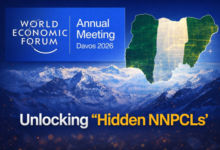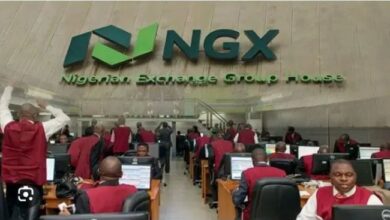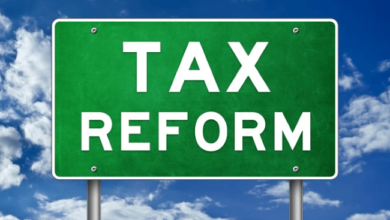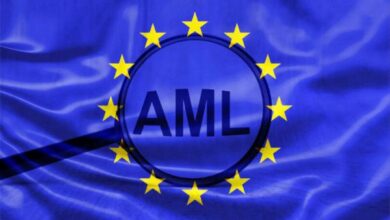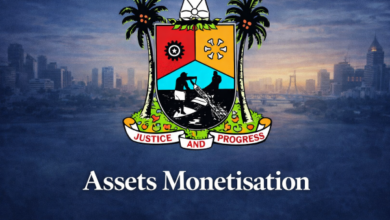Yuletide Airfares Soar: Why Nigerians Must Pay N350,500 for a One-Way Ticket to the South-East and South-South
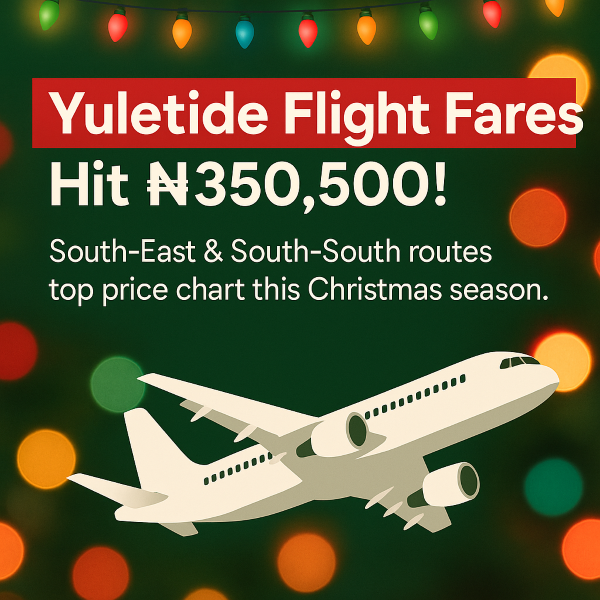
The Yuletide is traditionally the busiest season for air travel in Nigeria. Millions of Nigerians in Lagos and Abuja look forward to flying home to the South-East and South-South to reunite with their families. But this year, the joy of homecoming may be tempered by a staggering reality: According to exclusive reporting by NEXTMONEY, a one-way economy ticket to Enugu, Owerri, Port Harcourt, Anambra, Asaba, or Uyo now costs as much as ₦350,500 on leading carriers Air Peace and United Nigeria Airlines.
While festive price surges are not unusual, the current spike raises fundamental questions about aviation pricing, consumer protection, and the broader economic implications for Nigeria’s domestic tourism and mobility.
A Breakdown of the Price Surge
Air Peace Airlines has pegged its Lagos/Abuja One-Way Ticket to South-East/South-South routes at ₦350,500 beginning December 1 and running through the festive season up until January 30, 2026.
United Nigeria Airlines mirrors this pricing, setting the same one-way fare from December 11 until the year-end. However, from January 1, 2026, its fares drop to ₦150,000 on key routes such as Abuja–Asaba, Port Harcourt, Anambra, and Owerri.
Other airlines are also adjusting their rates:
- Ibom Air (Lagos–Uyo): ₦190,800 during Yuletide (up from ₦152,700).
- Arik Air (Lagos–Port Harcourt): ₦191,997 between Dec. 10–28, then down to ₦140,617.
Meanwhile, fares to Northern routes remain significantly lower. Lagos–Kano flights on Air Peace are mostly around ₦106,900, except for a few festive dates when they too jump to ₦350,500. United Nigeria charges a flat ₦220,499 for Lagos–Kano, while Lagos–Sokoto tickets are capped at ₦250,000.
Why Are Prices to the East and South So High?
The sharp differential between Southern and Northern routes highlights an enduring imbalance in Nigeria’s aviation market. Several factors are at play:
- Seasonal Demand Surge
The South-East and South-South witness the highest passenger traffic during Christmas, as millions travel home for cultural and religious festivities. Airlines, operating within limited capacity, exploit this demand-supply gap. - Fleet Constraints and Operational Costs
Nigerian airlines face crippling foreign exchange shortages, dollar-denominated maintenance costs, rising aviation fuel prices, and limited aircraft fleets. These structural issues provide justification for fare increases, but not necessarily the extreme spikes now on display. - Absence of Regulatory Intervention
The Nigerian Civil Aviation Authority (NCAA) and Federal Competition and Consumer Protection Commission (FCCPC) have historically been slow to enforce fare ceilings or check predatory pricing. This vacuum allows carriers to set fares that stretch consumer tolerance. - Elasticity of Sentiment
Airlines know that festive-season passengers to the East and South are less price-sensitive. Family, tradition, and cultural obligations often outweigh the rationality of cost, making them willing to pay whatever it takes to get home.
Implications for Aviation, Tourism, and National Cohesion
Such steep fares are not just an economic issue—they have social, cultural, and political implications.
- Economic Exclusion: At ₦350,500 for a one-way ticket, only the upper class and diaspora returnees can afford to fly. Middle-class families may be forced onto already unsafe and overstretched road networks.
- Tourism Suppression: High fares discourage domestic tourism, limiting leisure travel to Nigeria’s Southern states that thrive on holiday inflows. Hotels, restaurants, and entertainment businesses stand to lose seasonal revenue.
- Regional Discontent: The stark disparity between fares to the North (as low as ₦106,900) and the East/South (₦350,500) risks reinforcing perceptions of inequity in Nigeria’s transport infrastructure.
The Path Forward: What Needs to Change
- Stronger Regulatory Oversight
The NCAA and FCCPC must urgently interrogate festive fare-setting mechanisms. Transparent frameworks can check excessive spikes while allowing airlines to cover genuine costs. - Increased Market Competition
Nigeria’s domestic aviation market remains too concentrated. The entry of new carriers, supported by favorable government policies, could drive down costs. - Infrastructure Investment
Expanding airport infrastructure in the South-East and South-South—runways, terminals, and night-landing facilities—would ease congestion and attract more carriers, increasing seat availability. - Rail and Road Alternatives
The absence of safe, modern rail links across Nigeria magnifies pressure on airlines during festive seasons. A multi-modal transport strategy remains the sustainable solution.
BRANDECONOMY Takeaway
The N350,500 festive ticket is not just an aviation headline—it is a mirror of Nigeria’s broken transport economy. Until regulators step up, airlines diversify capacity, and government delivers viable alternatives, air travel during Christmas will remain a punishing ritual for Nigerians heading home to the South-East and South-South.
For now, the message is clear: this Yuletide, flying home comes at a premium price—one that reflects the turbulence in Nigeria’s aviation sector and the urgent need for reform.





